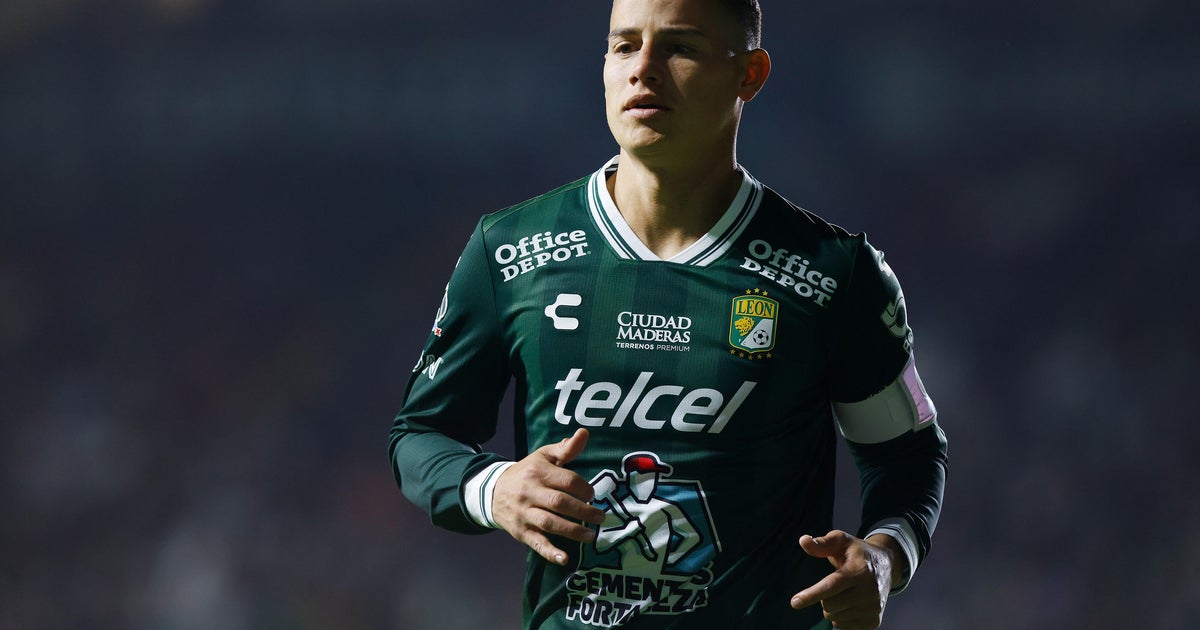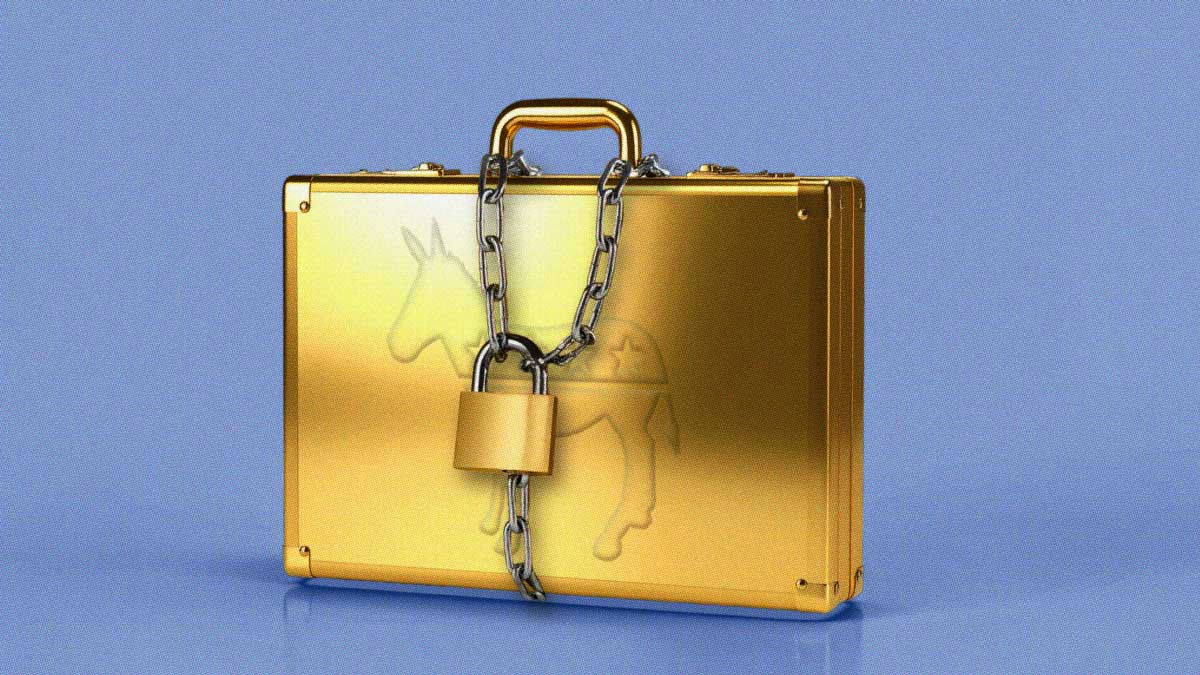GameStop taps Amazon veteran as its new CEO
GameStop, the video-game retailer whose manic stock movements captivated Wall Street this year, said Wednesday that it's brought on a pair of Amazon veterans as its new chief executive and chief financial officer to aid in its digital turnaround.
Matt Furlong, who most recently oversaw Amazon's Australia business and spent nine years with the company, will start as CEO on June 21, the company announced. Mike Recupero, who most recently was CFO of Amazon's North American consumer business, will begin as chief financial officer at GameStop on July 12.
GameStop's stock has been on a wild rocket ride, soaring more than 1,500% this year as waves of smaller-pocketed investors piled in on hopes that it can transform itself into an ecommerce powerhouse after seeing sales of video games at its brick-and-mortar stores falter. Investors pinned much of their hopes on Ryan Cohen, a major investor who co-founded Chewy, the online seller of pet supplies.
GameStop said Wednesday that it's still losing money, posting a net loss of $66.8 million for its fiscal first quarter, although that was narrower than the $165.7 million the company lost in the year-ago period.
GameStop reported sales of $1.28 billion for the quarter, up 25% from a year ago and exceeding analyst expectations of $1.16 billion. Sales grew despite a nearly 12% reduction in the number of GameStop stores worldwide — closures that were due in part to the company's ongoing revamp strategy as well as the COVID-19 pandemic.
Face of the "meme stock" craze
GameStop became the face of the "meme stock" craze early this year, when avid amateur investors encouraged each other to pile in to the company's shares. That viral approach sent the stock flying.
Professional investors had sold much of GameStop's stock "short," essentially making bets that would profit if its price were to fall. They were skeptical about GameStop's prospect give the migration of video game sales toward online channels and away from GameStop's stores. But after the stock began rising sharply, those short sellers had to buy GameStop shares to get out of their bets, which created a feedback loop further goosing the share price.
The stock set a record closing high of $347.51 in late January, but it sank back below $41 within a few weeks. It's since begun climbing again and closed Wednesday at $302.56, though shares fell to $278 in after-hours trading.
Most Wall Street analysts continue to dismiss the company's high share price as a reflection of investor enthusiasm rather than promising growth.
"Ongoing digital mix shift and evolving consumption preferences (as evidenced by subscription growth) may make GameStop's packaged software and pre-owned businesses less relevant over time," said Wedbush analysts Michael Pachter and Nick McKay in a note released ahead of the earnings report."In addition, the new consoles from Microsoft and Sony remain supply-constrained, while Switch sales will eventually decline, with Nintendo yet to identify a successor."



